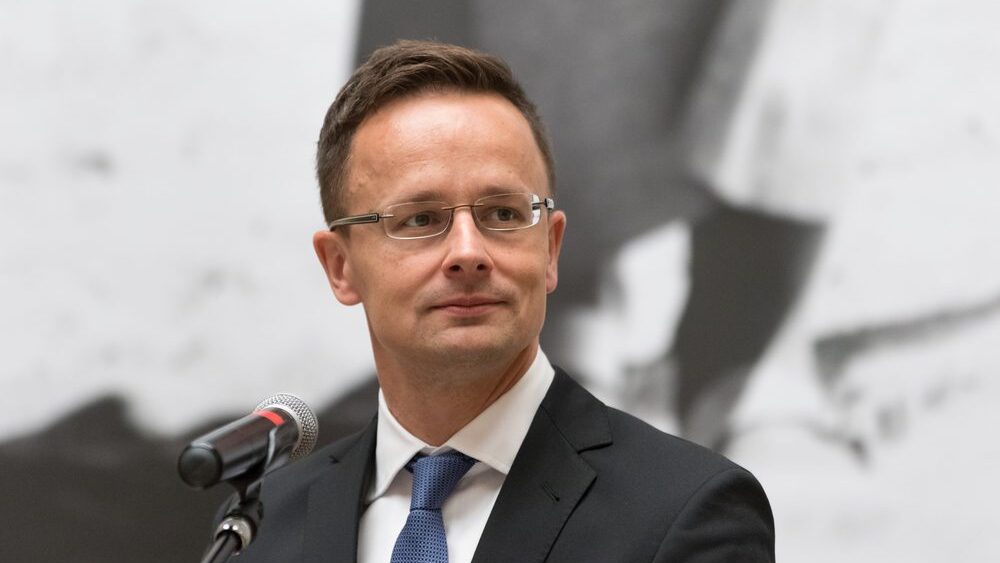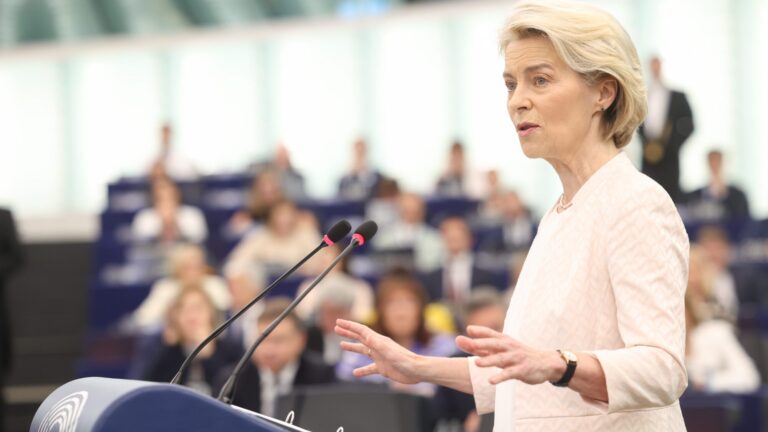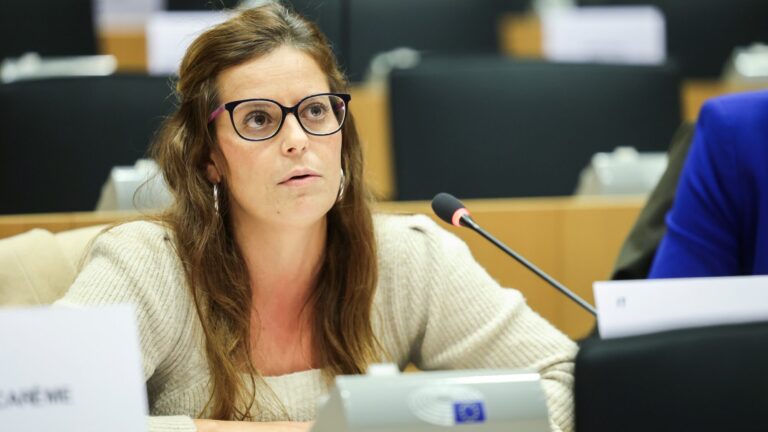Hungarian Foreign Minister Péter Szijjártó on Monday met with his Austrian counterpart and others in Vienna to kick off a series of consultations aimed at laying the political groundwork for the Presidency of the Council of the EU Budapest is set to assume in the second half of this year.
Following his meeting with Austrian Foreign Minister Alexander Schallenberg, Szijjártó explained his decision to begin consultations in Vienna, telling the press: “I am in the Austrian capital … so that the Hungarian presidency of the EU is successful in the most important priorities.”
Szijjártó emphasized that Hungary could rely on Austria “to a great extent” to support its presidency’s two main priorities: fighting illegal migration and accelerating the accession of Western Balkan countries into the European Union. Austria, Szijjártó continued, is one of the few EU countries that has consistently spoken out and taken action against illegal migration.
“This is how we Hungarians are. We have already made it clear countless times: a sharp political change is needed in Brussels so that the European Union does not attract but stops illegal migrants,” the Hungarian minister stated.
Hungary’s objective, Szijjártó said, is to make EU regulations finally adhere to and uphold international law, which stipulates that refugees are entitled only to stay temporarily in the first safe country they reach. All too often, asylum seekers from the Middle East and North Africa pass through several ‘safe countries’ before they ultimately settle in a high-income, Western EU member state with an excessively charitable social welfare system.
Instead of attracting migrants with lax asylum laws and generous social benefits, EU member states ought to help would-be migrants in their own countries with investments, development, and by providing training, he argued.
He also reminded the press that Hungary, as a front-line EU member state, has ample experience in successfully combating illegal migration. If Hungary had not spent billions of euros on mustering the means to effectively control its southern border, he added, tens of thousands of illegal migrants, and perhaps more, would have already reached Europe, further deteriorating EU security, escalating the risk of terrorism, and contributing to the risk of parallel societies forming.
Discussing the EU’s long-stalled enlargement into the Western Balkans, Szijjártó underscored the need to renew and boost efforts to bring Serbia and other Western Balkan countries into the bloc.
During the meeting, the two foreign ministers discussed bilateral issues as well. Szijjártó stressed that Austria continues to be a reliable and just partner in matters related to energy supply, noting that more than 20% of Hungary’s annual gas consumption is supplied via Austria. Unlike many EU member states, both Hungary and Austria, he said, view energy supply as a practical matter—not an ideological issue.
Despite Szijjártó not mentioning it in this particular meeting, Hungary also plans to address Europe’s demographic challenges and enhance the bloc’s competitiveness in the global market. Judit Varga, Fidesz’s President of the European Affairs Committee of Parliament, on Monday outlined these key priorities in a meeting in Belgium with national parliamentary EU committee chairmen.





